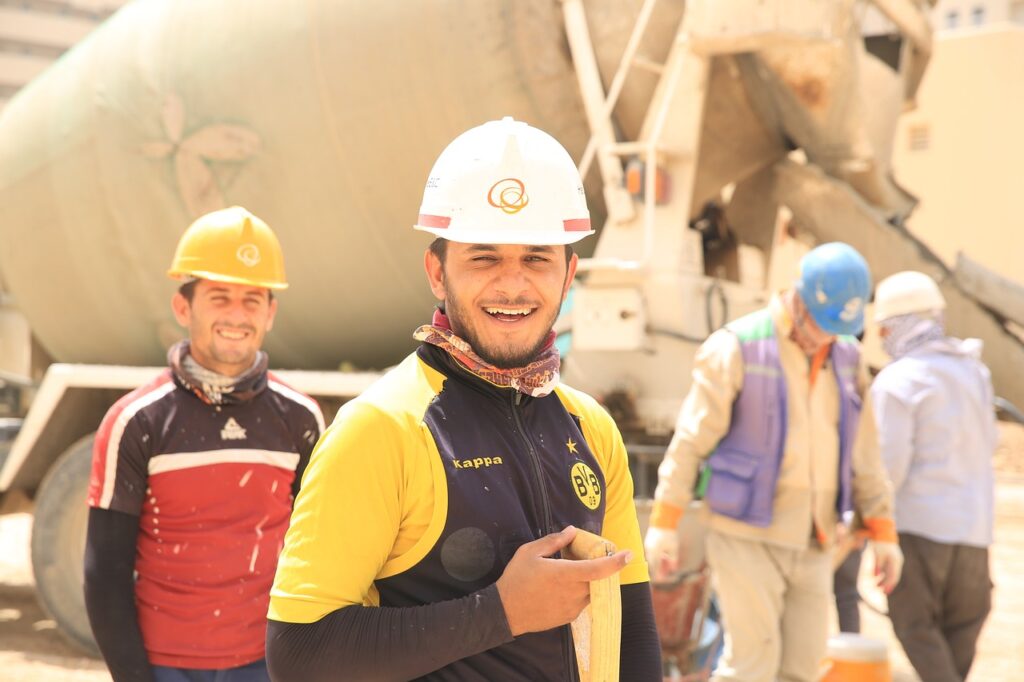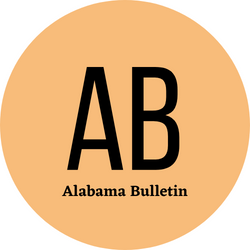The Importance of Licensing, Bonding, & Insurance: Criteria for Your Alabama Construction Team
by siteadmin

In the dynamic world of construction, finding the right team for your project is crucial. Whether you’re planning a residential remodel or a commercial development, ensuring that your chosen construction team meets certain criteria is paramount. In the state of Alabama, three key factors should top your checklist: Licensing, Bonding, and Insurance. Let’s explore why these elements are vital for the success and security of your construction project.
Licensing: Building a Foundation of Trust
Ensuring Legal Compliance
The foundation of any reputable construction team in Alabama is a valid license. Licensure is not just a legal requirement; it’s a testament to a contractor’s commitment to professionalism and adherence to industry standards. A licensed contractor has demonstrated their expertise, knowledge, and ability to meet regulatory requirements, providing you with peace of mind that your project is in capable hands.
Quality Assurance
By choosing a licensed construction team, you’re essentially investing in a commitment to quality. Licensed contractors are typically held to higher standards, with the licensing process serving as a vetting mechanism that filters out those who may not meet industry benchmarks. This commitment to quality ensures that your project is executed with precision and according to the latest building codes and regulations.
Bonding: Financial Security in Construction
Protection Against Default
Bonding is a financial safety net for both parties involved in a construction project. A construction bond is a guarantee that the contractor will complete the project as agreed upon, protecting you from financial loss in the event of default or non-completion. This added layer of security ensures that your investment is safeguarded, even if unforeseen challenges arise during the construction process.
Enhancing Credibility
For a construction team, being bonded is a mark of credibility and reliability. It signifies that the contractor has undergone thorough financial scrutiny and is financially stable enough to manage potential challenges. This added assurance enhances the credibility of the construction team and fosters a sense of trust between all parties involved.
Insurance: Mitigating Risks in Construction
Worker’s Compensation Coverage
Construction projects come with inherent risks, and ensuring that the construction team is adequately insured is paramount. Worker’s compensation coverage is crucial to protect both the workers and the property owner from potential liability in case of on-site accidents or injuries. This coverage provides financial support for medical expenses and lost wages, mitigating risks associated with workplace accidents.
Liability Insurance
Liability insurance is another key component of a well-rounded insurance portfolio for construction teams. It protects you from potential damages to your property or third-party injuries that may occur during the construction process. Having liability insurance in place demonstrates a commitment to responsible business practices and ensures that your project is shielded from unexpected financial burdens.
In the construction industry, success is built on a solid foundation of trust, financial security, and risk mitigation. By prioritizing licensed, bonded, and insured construction teams in Alabama, you’re not just fulfilling legal requirements; you’re establishing a framework that fosters confidence and ensures the successful completion of your project. Make these criteria non-negotiables when selecting your construction team, and you’ll be laying the groundwork for a construction project that stands strong and resilient.
In the dynamic world of construction, finding the right team for your project is crucial. Whether you’re planning a residential remodel or a commercial development, ensuring that your chosen construction team meets certain criteria is paramount. In the state of Alabama, three key factors should top your checklist: Licensing, Bonding, and Insurance. Let’s explore why…
Recent Posts
- Expert Cleaners Lexington Shares Essential Tips for Properly Cleaning Hardwood Floors
- Affordable Fencing Solutions: Fence Company Rochester NY Offers Insight on the Cheapest Fence Installations in Rochester, NY
- Exploring the Drawbacks of Duct Cleaning: Insights from Air Vent Cleaning Charlotte
- Exploring the Drawbacks of Duct Cleaning: Insights from Air Vent Cleaning Charlotte
- Clearing the Dust: Duct Cleaning Louisville KY Shares Tips to Make Your Home Less Dusty
